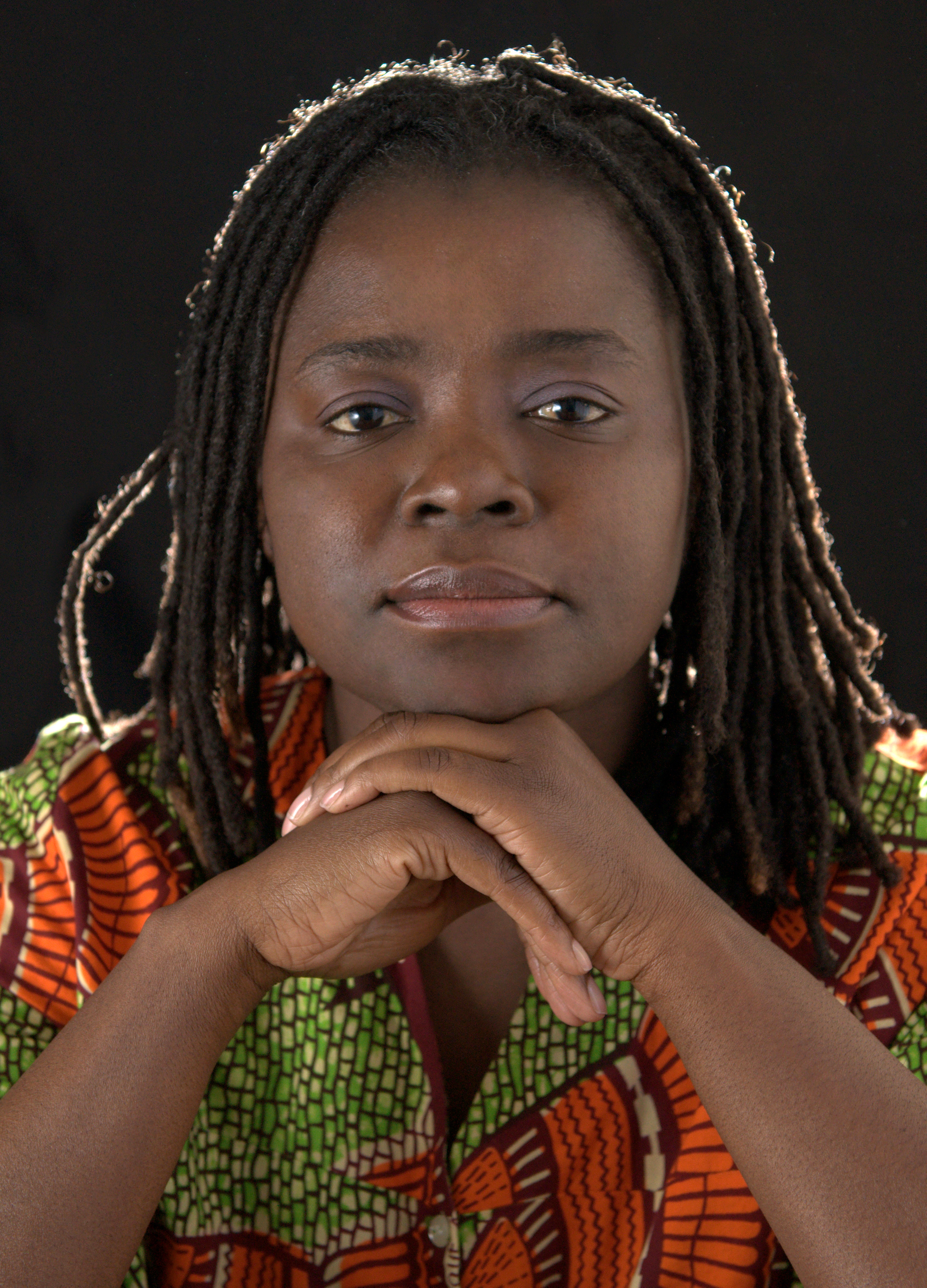
 A little over four years ago, a few friends and I sat around the dining table drinking tea (classic activity in the home of most people of Kenyan origin). As always, debate ensued around the state of affairs in Africa, and we touched on politics, education, health, AID, trade, AIDS, assembly plants, and tourism. After discussing business models that effectively bring about change in international trade, we determined that we needed a mechanism that could bridge the gaps in business between the US and Africa. Needless to say, our tea went cold as we contemplated what needed to be done! After months of planning and advice, we established the Sub-Saharan Africa Chamber of Commerce, (SSACC, www.ssachamber.org). So here we are today thankful for all the champions who have supported the conversion of a problem statement into a solution that enables trade and investment between the US and Africa with strong ties that bring together over 1500 public and private institutions.
A little over four years ago, a few friends and I sat around the dining table drinking tea (classic activity in the home of most people of Kenyan origin). As always, debate ensued around the state of affairs in Africa, and we touched on politics, education, health, AID, trade, AIDS, assembly plants, and tourism. After discussing business models that effectively bring about change in international trade, we determined that we needed a mechanism that could bridge the gaps in business between the US and Africa. Needless to say, our tea went cold as we contemplated what needed to be done! After months of planning and advice, we established the Sub-Saharan Africa Chamber of Commerce, (SSACC, www.ssachamber.org). So here we are today thankful for all the champions who have supported the conversion of a problem statement into a solution that enables trade and investment between the US and Africa with strong ties that bring together over 1500 public and private institutions.
The question around why Africa didn’t seem a good business destination was raised continuously throughout our debate, and we recognized that we needed to change the lenses through which businesses looked at Africa, by telling Africa’s story and creating awareness around the bustling business community on the continent.
Rarely when questioned would a business person describe Africa as the continent that yields a minimum of 8% Returns on Investment, has 85% cell phone penetration in some countries, develops innovative banking solutions such as MPESA in Kenya, boasts robust stock exchanges in Johannesburg, Lagos and Nairobi or that the origins of PayPal are in South Africa. An acknowledgement of overhauled governance structures as is seen in Rwanda, enhanced gender empowerment, and increased health and education access throughout Africa are usually distant thoughts.
Many are not cognizant of the African designers working for the coveted Italian, French or even American branded lines using African leather and organic cotton, nor is there a realization of the state of the art manufacturing facilities all over the continent. The burgeoning middle class with high buying power is always missed. It is the rare business person who will mention the 6-12 lane highways, a super successful FIFA 2010 in South Africa, large malls scattered throughout the continent, brain surgeries in state of the art hospitals, beautiful golf courses that attract many business people, African naval oranges and pineapples in our grocery stores, wholesome and variant meals, college students chatting on facebook, rich beer that has even the Germans wondering what they could do to augment their ale, vibrant cities with young entrepreneurs, ice skating rinks at hotels, rural life that doesn’t evoke tears.
The tall cranes dotting the landscapes due to the density of construction that is going on throughout the continent don’t get mention. Universities that have thousands of faculty who were either trained locally or abroad are usually overlooked as hubs of innovation and creativity, yet they are pumping out students that deck the halls of Ivy league colleges, World Bank, Wall Street, United Nations, biotech companies, Centers for Disease Control, and even NASA.
The realization that small and medium sized enterprises (SME) in the US did not have an efficient mechanism of accessing business in Africa in a timely and non-bureaucratic manner has been the main driving force behind the type of programming and services that we provide as a chamber. SSACC has run trade missions into Africa, assisted US company entry into multiple African countries (with increased employment), established reconnaissance missions, and facilitated African business entry into the US market. The Chair of the Board, Vuyo Dunjwa has been a key player in establishing strategic partnerships for the chamber, that have led to significant growth inside the organization with an impact that has been felt throughout Sub-Saharan Africa. The change that we sought to bring in the way business is perceived and done in Africa is what we are celebrating in “Champions for Change” of which we are greatly honored!
SSACC has been instrumental in engaging universities in developing partnerships with African institutions, especially around the areas of business development and technology transfer. We have placed interns in high growth African companies, and increased the exposure of African business opportunities to both the private and academic sectors. The chamber has been able to add value to the education of students who are interested in areas such as International business, International Finance, Public Health, Foreign policy, International Law, International business and Global studies through awarding competitive internships. Active engagement of academic leaders such as presidents, provosts and deans has allowed SSACC to incorporate programming on campuses to increase awareness of the rapidly growing business climate in Africa.
It is clear that in order to do business and empower people for whom we have a passion to work with, in addition to feeling wholesome about our contribution to society, we need to always step back from our perch and view our terrain with culturally relevant lenses. Our global team of Americans, Africans, Caribbean, Europeans and Asians work tirelessly to ensure that we bring value to our clients. Specific needs assessments carried out by chamber personnel have allowed us to provide relevant solutions in sectors such as Health, Education, Information Technology, Agribusiness, and Renewable Energy.
Dr. Christine Martey-Ochola, a native of Kenya, is co-founder of the Sub-Saharan Africa Chamber of Commerce, an organization that facilitates trade and investment between the US and Africa.


